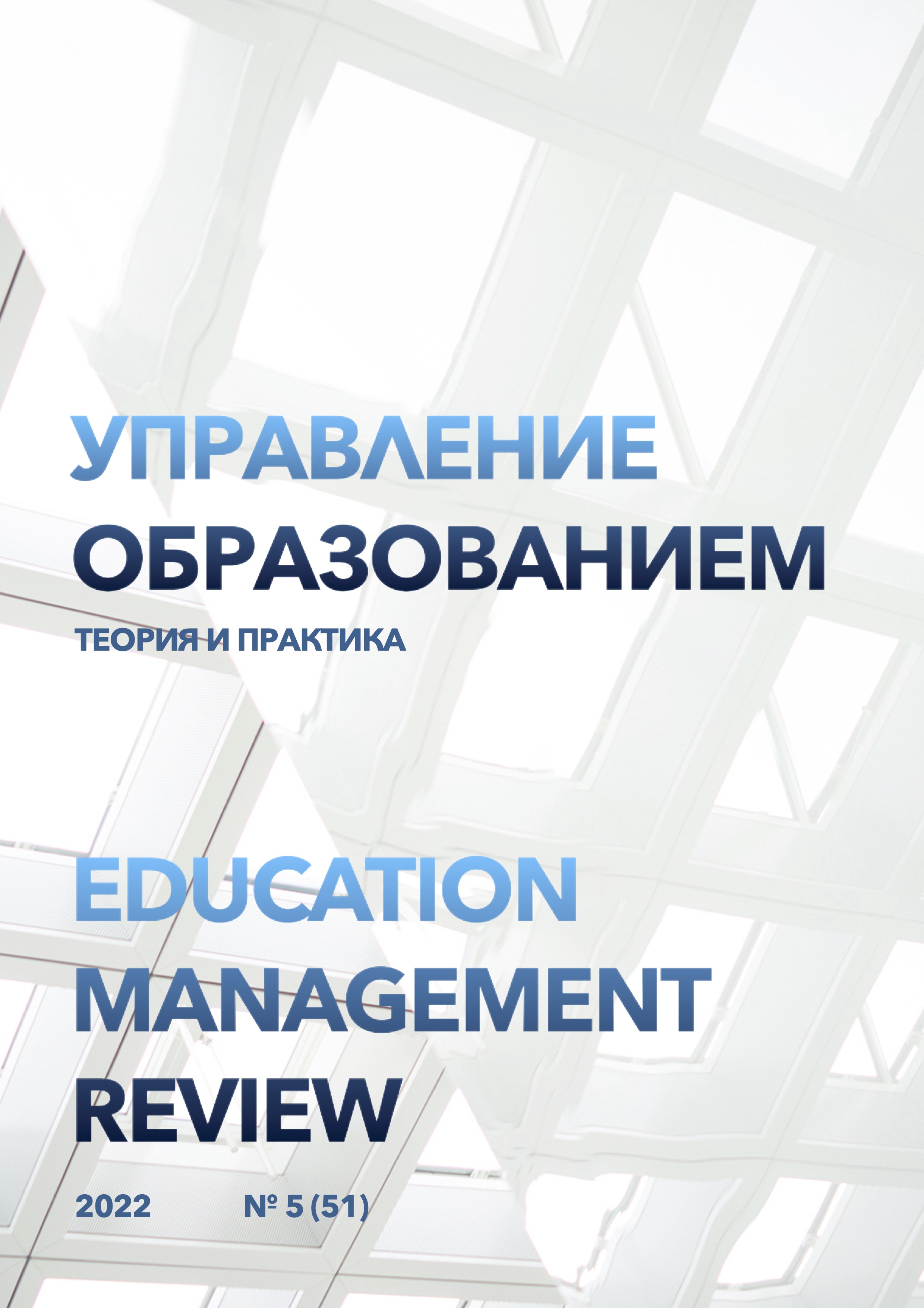The program "together is stronger" as a means of forming a children's team at the primary school age
DOI:
https://doi.org/10.25726/y8190-2661-3897-lKeywords:
school, team, formation, research, junior schoolchild, extracurricular activitiesAbstract
An analysis of the psychological and pedagogical literature confirms the importance of forming a children's school team. The relevance of this problem does not leave us today. This can be explained by several main reasons. The all-consuming computerization of modern society is a global problem in the upbringing of a child. Modern children do not seek to interact with each other in the real world, this has been replaced by the need for virtual communication. All this negatively affects the formation of moral and spiritual values, the development of communication skills and the development of the child's personality as a whole. That is why the formation of a children's team is an urgent problem these days. This is also reflected in the Strategy for the Development of Education in the Russian Federation for the period up to 2025, approved by the Government of the Russian Federation on May 29, 2015 No. 996-r., which states that the development of education in the education system involves: assistance in the development and implementation of education programs for students in organizations that carry out educational activities that are aimed at increasing the respect of children for each other, for the family and parents, teachers, older generations, as well as for preparing the individual for family and social life, work; development of the variability of educational systems and technologies aimed at the formation of an individual trajectory of the development of the child's personality, taking into account his needs, interests and abilities. This article discusses the formation of a children's school team, describes the results obtained in the course of pedagogical diagnostics in the 3rd grade of MBOU secondary school No. 15 in Neryungri. On the basis of the studied methodological literature and the generalization of the pedagogical experience of primary school teachers in organizing the formation of a team in the primary level, thematic planning of work with children was compiled and described.
References
Загорский П. Особенности детского коллектива // Директор школы. 2007. № 3. С. 21-25.
Макаренко А.С. Избранные педагогические сочинения. В 2-х т. М.: Педагогика, 1977. 400с.
Новикова Л.И. Педагогика детского коллектива. М.: Педагогика, 1978. 107 с.
Формирование детского коллектива в начальной школе. http://elar.uspu.ru/bitstream/uspu/11324/2/10Adereiko.pdf




